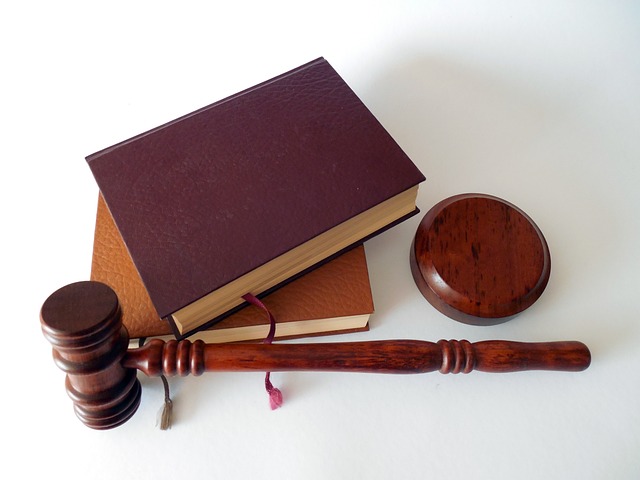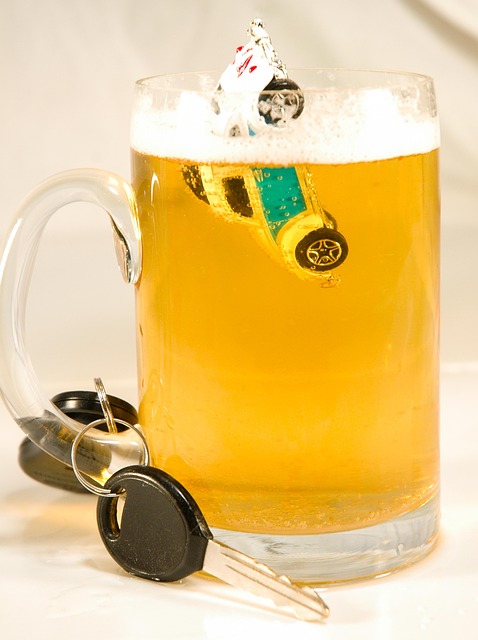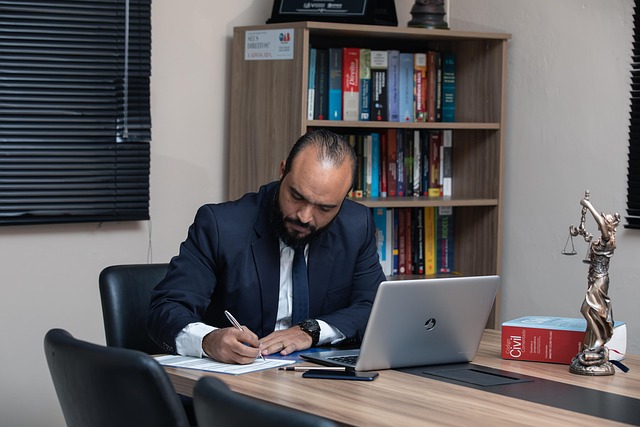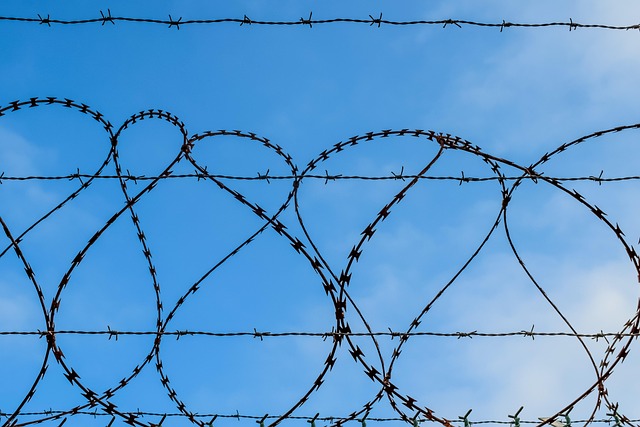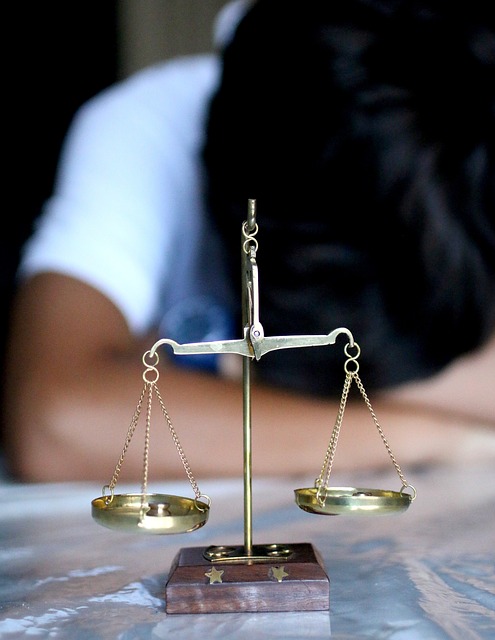DUI incidents have severe repercussions for individuals and communities, including legal penalties and emotional distress, with pedestrians often suffering direct consequences. Support groups serve as vital safety nets, providing safe spaces to share experiences and advocate for pedestrians' rights. These groups address the multifaceted nature of DUI impacts, promoting healing, accountability, and community support. By fostering open discussions and personalized coping strategies, these groups help combat stigma and empower individuals to rebuild their lives while ensuring pedestrians receive adequate legal, physical, and emotional support. Strengthening Pedestrians Rights in DUI Incidents requires a combined effort of legal enforcement, community engagement, and group therapy initiatives.
In the aftermath of a DUI incident, individuals face not only legal repercussions but also the daunting journey of recovery. This article explores the transformative power of support groups as a cornerstone of alcohol and drug rehabilitation. We delve into the profound impact of community-driven healing, highlighting the benefits of group therapy for DUI victims. Additionally, we examine the role of advocacy in promoting pedestrians’ rights within the legal framework, emphasizing the interconnectedness of recovery, support, and justice.
- Understanding DUI Incidents and Their Impact on Individuals
- The Role of Support Groups in Alcohol and Drug Recovery
- Benefits of Group Therapy for Those Affected by DUI
- Creating a Safe Space: Facilitating Open Conversations in Support Groups
- Advocating for Pedestrians' Rights: Legal Considerations and Community Support
Understanding DUI Incidents and Their Impact on Individuals

DUI incidents can have profound and lasting effects on individuals, often disrupting their lives and communities. Beyond the legal consequences, those affected face emotional trauma, fear, and challenges in rebuilding trust and security. Understanding the impact of DUI-related incidents is crucial for fostering empathy and support within recovery groups. These groups provide a safe space for individuals to share their experiences, offering comfort and hope as they navigate the journey towards healing.
Pedestrians’ rights in DUI incidents are an essential consideration. They often bear the brunt of driver negligence, suffering injuries or even loss. Support groups can play a vital role in advocating for their rights, ensuring that these individuals receive the necessary support and resources to recover physically, emotionally, and legally. By recognizing and addressing the multifaceted impact of DUI incidents, recovery groups foster an environment where everyone has the opportunity to heal and rebuild their lives.
The Role of Support Groups in Alcohol and Drug Recovery

Support groups play a pivotal role in the journey of alcohol and drug recovery, offering a safe haven for individuals navigating the complexities of addiction. These groups provide a unique environment where those struggling with substance abuse can find solace, understanding, and encouragement from peers who have faced similar challenges. The power of shared experiences is undeniable; members learn that they are not alone in their fight against addiction, fostering a sense of community and belonging.
In the context of DUI (Driving Under the Influence) incidents, support groups can be instrumental in advocating for pedestrians’ rights. Many individuals arrested for DUI often face not only legal consequences but also struggle with underlying issues like alcohol or substance abuse. Support groups offer a platform for them to address these problems, promote accountability, and work towards positive change. By connecting with others who have gone through similar experiences, they can gain insights into managing their addictions, which may also help prevent future incidents involving pedestrians’ safety.
Benefits of Group Therapy for Those Affected by DUI
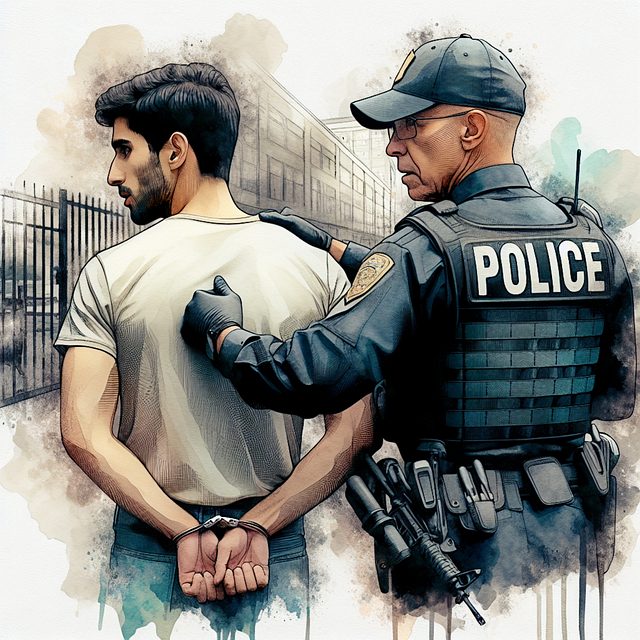
Group therapy offers a unique and highly beneficial environment for individuals recovering from DUI (Driving Under the Influence). It provides a safe space where those affected can connect with peers facing similar challenges, fostering a sense of community and understanding. This support network is crucial, especially considering the long-lasting impact of DUI on various aspects of life, including personal relationships and legal rights. In many cases, individuals struggling with addiction or the consequences of their actions may feel isolated and ashamed, making it hard to reach out for help. Group therapy sessions remove these barriers by offering anonymity, ensuring pedestrians’ rights in DUI incidents are respected, and promoting open discussions without judgment.
Through group dynamics, members can learn from one another’s experiences, gain different perspectives, and develop coping strategies tailored to their needs. This collective approach to recovery empowers participants to take control of their lives, address underlying issues, and build resilience. It also helps in combating the stigma associated with DUI, encouraging individuals to embrace a supportive community that promotes healing and personal growth.
Creating a Safe Space: Facilitating Open Conversations in Support Groups
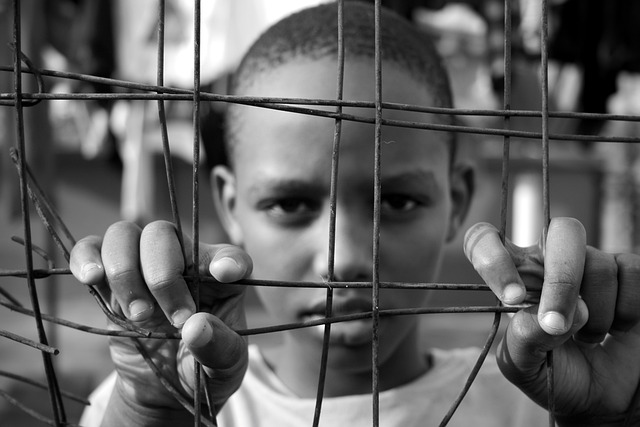
In the context of support groups for recovery, creating a safe space is paramount. This involves fostering an environment where individuals feel empowered to share their experiences openly and honestly. In many cases, those dealing with addiction or mental health issues may have been silenced or stigmatized in other settings. Support groups level the playing field, ensuring everyone’s voice is heard without judgment. Facilitators play a crucial role in maintaining this safety by setting clear guidelines, encouraging active participation, and promoting empathy among members.
This sense of security encourages pedestrians—those newly entering recovery or those facing challenges—to assert their rights, including their right to privacy, understanding, and support. Just as important, it enables them to learn from others’ experiences, gain insights into coping mechanisms, and build resilience. This exchange of stories becomes a powerful tool in the journey towards healing, especially when considering the often-overlooked impact of DUI incidents on individuals’ lives and their right to recovery.
Advocating for Pedestrians' Rights: Legal Considerations and Community Support

In many DUI incidents, pedestrians face significant risks and often suffer severe injuries or even loss of life. Advocating for their rights is paramount to ensure justice and prevent future tragedies. Legal considerations play a crucial role in protecting pedestrians’ rights; laws that prioritize safety and hold drivers accountable are essential. Strict penalties for DUI offenses can serve as a deterrent, encouraging responsible driving and reducing the likelihood of such incidents.
Community support is equally vital. Local initiatives and awareness campaigns can educate both drivers and pedestrians about the dangers of drinking and driving. By fostering a culture of responsibility and empathy, communities can better protect their most vulnerable members. Support groups for those affected by DUI incidents, including survivors and their families, offer a powerful platform for sharing experiences, gaining strength, and advocating for change, ultimately strengthening the call for enhanced Pedestrians Rights in DUI Incidents.
Support groups play a pivotal role in the recovery process for individuals affected by DUI incidents, offering a safe space for open conversations and advocating for pedestrians’ rights. By facilitating group therapy, these communities not only provide emotional support but also empower members to navigate legal considerations, fostering a holistic healing environment. Understanding the impact of DUI and promoting group dynamics strengthens the network of support, ultimately enhancing recovery outcomes and ensuring a brighter future for all involved. Moreover, awareness of pedestrians’ rights in DUI-related matters is crucial, leading to more just and supportive community responses.
